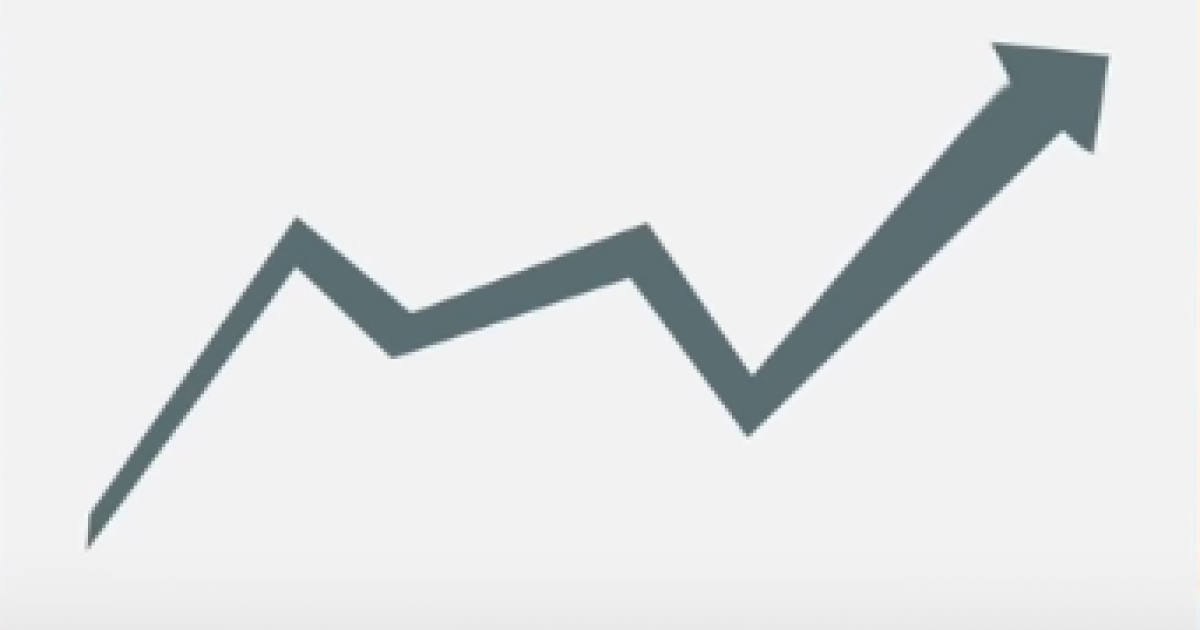
Bill Blain at the Morning Porridge reported on August 18 that corporate debt is going through the roof.
On August 17, 2020, the US Primary Investment Grade Bond market hit a record $1.346 trillion issuance in 2020, which surpassed the total for 2017. In the first half of 2020, corporate debt reached $2.5 trillion. Blain observed that the corporate debt “issuance is in no small part due to the Fed’s unlimited liquidity via its investment grade QE programme.”
During the Wuhan virus pandemic, central banks have vowed to “buy anything investment grade.” Because of the Fed’s lax policies in trying to provide as much liquidity as possible, corporate giants can gain “
access as much cash as it wants, and is free to spend it as it sees fit.”
Because of the perverse financial incentives caused by the banks, most firms have spent most of their time buying back stock. Blain noted that “US corporates have spent around $9.2 trillion buying back their stock – money that wasn’t spent on building new factories, infrastructure, products or creating jobs… but boosting the bonuses of executives and dividends to owners…”
Companies like Boeing have been able to game the system by raising $25 billion in a bond offering. Blain asserted that “Over the past 10 years Boeing has been textbook everything that’s rotten with Corporate America – if failed to develop new models, it compromised safety on its 737 Max (killing 346 passengers and crew) instead, and spent most of its profits and new debt on stock buybacks – leaving the company a fractured mess. It will survive – but only because of its criticality to the US economy (1% of GDP in good years) and it’s a massive defense contractor.”
Such dynamics are indicative of a perverse political economy that has largely been enabled by central banking. The party will eventually come to anend, and once the smoke clears, there’s no telling what the political fallout will look like. One thing is certain, though, Americans will likely have a reduced standard of living because of these easy money policies which distort capital accumulation and reward parasitism.



